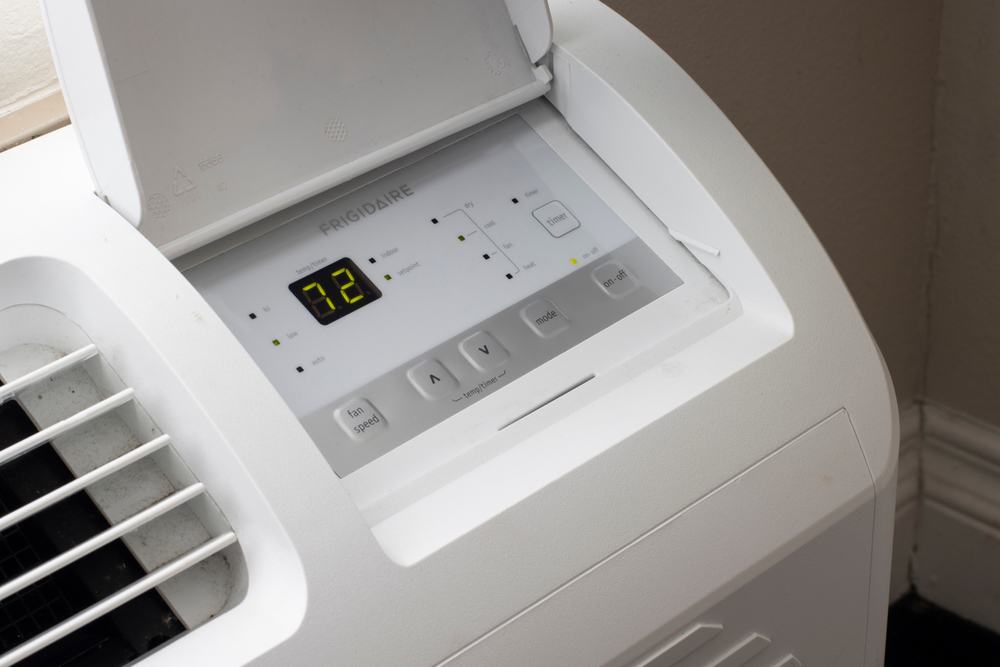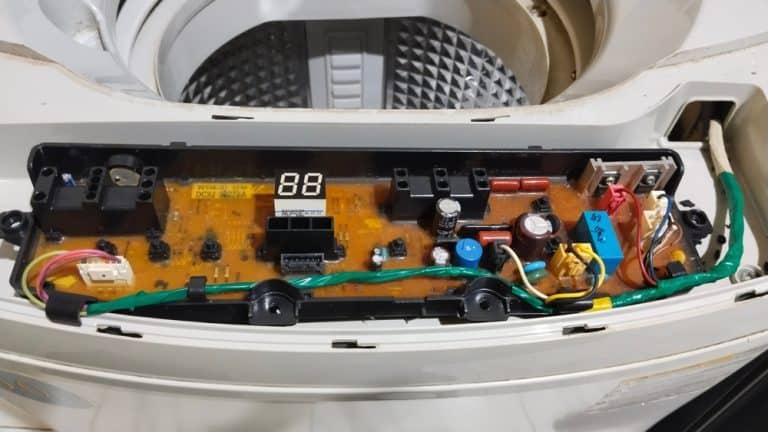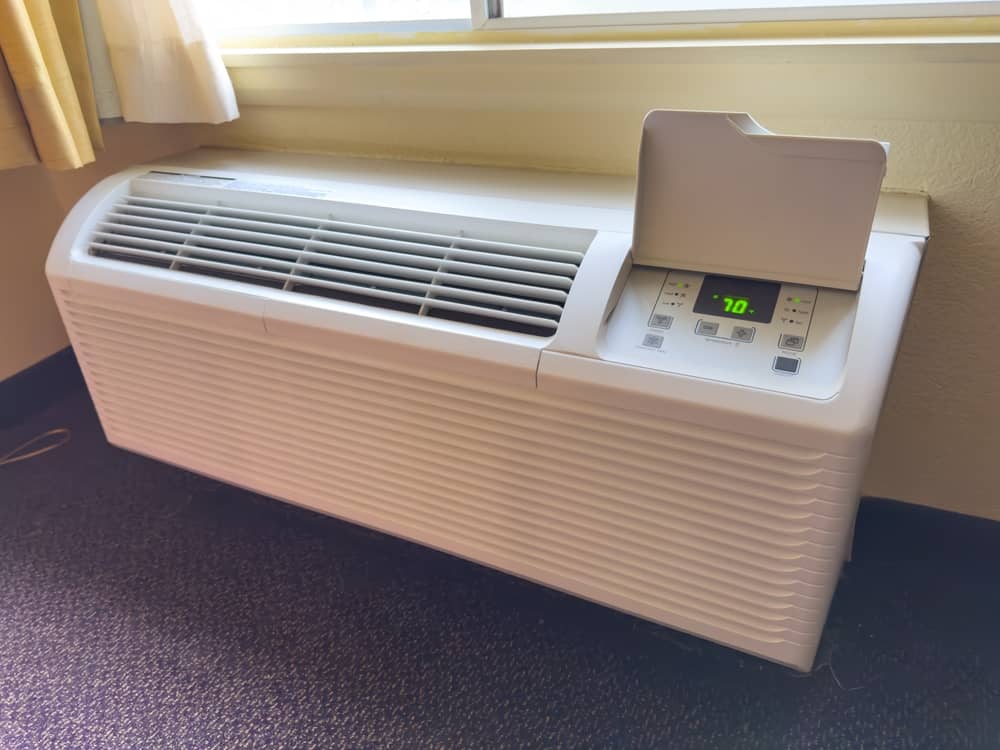Menu
(646) 740-0112
(646) 740-0112
Discover why residents and property managers in New York City trust us for their HVAC needs. Read testimonials from our clients who have experienced the quality, professionalism, and reliability that we bring to every project. Their stories highlight our commitment to excellence and customer satisfaction.

In Rochdale, NY, residents often rely on their PTAC units to provide comfortable indoor temperatures throughout the year. At High Tech PTAC Service NYC, we understand that encountering issues with your PTAC unit can be frustrating and inconvenient. Common problems include the unit not turning on, producing strange noises, or failing to cool effectively. These issues can range from minor annoyances to major disruptions, especially during extreme weather conditions. Identifying these problems early on is crucial to maintaining a comfortable living or working environment.
Furthermore, we at High Tech PTAC Service NYC, serving Queens County, have observed that issues like water leakage, foul odors, and erratic cycling are also prevalent in PTAC units. These problems often indicate deeper issues within the system, such as blocked drainage, dirty filters, or malfunctioning thermostats. Our team of experts in Rochdale, NY, is well-equipped to diagnose and resolve these issues efficiently. Early detection and timely repair not only ensure your comfort but also extend the lifespan of your PTAC unit.
Our team in Rochdale, NY, is highly trained and experienced in PTAC repair, ensuring quality service every time.
At High Tech PTAC Service NYC, customer satisfaction is our top priority, and we go above and beyond to meet your PTAC needs in Queens County.
We understand the urgency of PTAC issues, which is why we offer prompt and reliable repair services to all our clients in Rochdale.

Encountering issues with your PTAC unit in Rochdale, NY, can be a challenging experience. However, there are several DIY steps you can take before seeking professional help. Begin by ensuring that your PTAC unit is properly connected to a power source. Check the circuit breakers and power cords for any signs of damage or disconnection. Sometimes, a simple reset can bring your PTAC unit back to life. Additionally, cleaning or replacing the air filter is a crucial step. A dirty air filter not only reduces efficiency but can also lead to poor air quality and increased energy consumption.
If these initial steps don’t resolve the issue, it may be time to delve a bit deeper. Check the thermostat settings and ensure they are appropriate for the current weather in Queens County. Also, inspect the external vents for any obstructions that could impede airflow. If you’ve gone through these steps and your PTAC unit is still not functioning correctly, don’t hesitate to call (646) 740-0112 for professional assistance. The experts at High Tech PTAC Service NYC are always ready to provide comprehensive repair services to restore your PTAC unit’s functionality and ensure your comfort in Rochdale.

When your PTAC unit in Rochdale, NY, encounters issues beyond simple DIY fixes, it’s time to turn to professional repair services. At High Tech PTAC Service NYC, we have a dedicated team of technicians who specialize in PTAC systems. Our professionals are equipped with the necessary tools and knowledge to handle a wide range of PTAC issues. From electrical faults to mechanical wear and tear, we ensure thorough diagnostics and efficient repairs. Our approach involves a detailed examination of your unit, identifying the root cause of the problem, and implementing effective solutions to restore optimal functionality.
Moreover, opting for professional PTAC repair services in Queens County means benefiting from expert advice and long-term solutions. Our technicians at High Tech PTAC Service NYC not only fix the immediate problem but also provide guidance on maintaining your unit to prevent future issues. Regular maintenance and professional servicing can significantly extend the life of your PTAC unit and improve its efficiency. By choosing (646) 740-0112 for your PTAC repair needs, you’re ensuring that your unit receives the highest standard of care, guaranteeing your comfort and peace of mind in Rochdale.
Rochdale Village was named after the English town of Rochdale, Greater Manchester, where the Rochdale Pioneers developed the Rochdale Principles of cooperation. The architect’s concept of Rochdale Village was an attractive community covering 122 blocks that would provide the residents with a park-like setting and facilities of suburbia, within the limits of the Urban Jamaica Area. Rochdale Village was designed to be a “city within a city” when it was planned beginning in 1939, in order to boost tourism to the surrounding area also including Springfield Gardens, Rosedale, and Laurelton.
The property is the former site of Jamaica Race Course, which was the area’s only tourist site and was operated by the Metropolitan Jockey Club and its successor, the Greater New York Association (now the New York Racing Association.) When the NYRA decided to renovate Greater Jamaica’s other track, Aqueduct Racetrack (in South Ozone Park), it also decided to close Jamaica Race Course when the Aqueduct Racetrack’s improvements were finished. Jamaica Race Course was shut down in 1959 and demolished. Rochdale Village was developed under the Mitchell-Lama Housing Program to provide affordable housing for low- and middle-income families. The architect, Herman Jessor, was inspired by the Le Corbusier model. Construction soon proceeded at a rapid pace on the new community in Queens. When Rochdale Village opened, it was the largest private cooperative housing complex in the world until Co-op City in the Bronx was completed in 1971.
Rochdale Village was originally between 10 and 20 percent African American and 80 to 90 percent white. This caused controversy before the start of construction, as black people could not participate in Rochdale Village’s construction. The Rochdale Village complex was supposed to be the model for mixed-race housing in the U.S., but then became symbolic of the Civil Rights Movement, which was ongoing during the complex’s construction; for instance, twenty-three protesters were detained for disrupting the construction in 1961, including William Booth, the future head of mayor John V. Lindsay’s Human Rights Commission. About 10% of the units were given to blacks upon the complex’s 1963 completion. As the years passed, more and more African Americans moved to Rochdale. It was between the late 1960s and mid-1970s that most white people moved from the community, owing to the white flight brought on by white perceptions of black people as dangerous, fears of lowered property value, and racist real estate practices such a block-busting. Soon, the complex became poorer and unable to provide for some basic utilities throughout the early 1980s, with many apartments remaining empty.
Learn more about Rochdale.Designed by Hub It Group